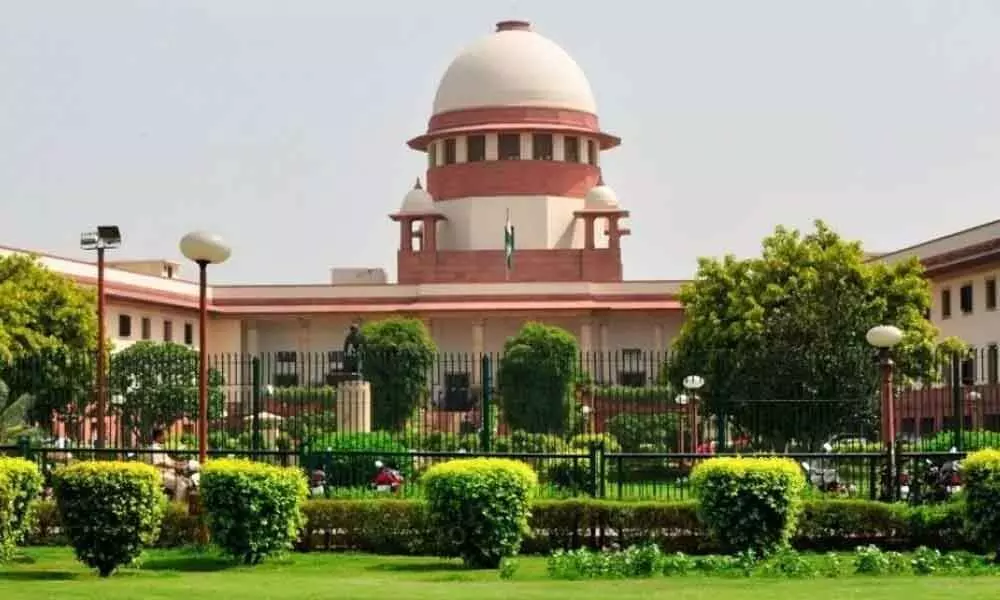Aarohi Girish Dhumale
The Supreme Court Bench, headed by the Chief Justice Dr. D. Y. Chandrachud, flagged grievances about pensions received by the District Court judges and urged the Centre to resolve them as soon as possible.
This issue arose out of a plea filed by the All India Judges Association in 2015. The Chief Justice expressed concerns over the plight of the judges of District Courts who toil their entire lives by fully dedicating themselves to the judiciary only to receive a meagre amount as pension. Though they are elevated to the High Courts in later stages of their career at the ages of 56-57, their hard work and dedication are not seen to be reflected in their pensions. They are told that their service at the District Court won’t be considered for calculating pensions at High Court rates. He also highlighted the financial strain it causes. Some judges receive pensions as low as Rs. 8,000, which is so insufficient that they can’t meet their daily needs. To worsen matters, they are unable to secure any alternate mode of employment. He referred to the case of a retired judge who is suffering from cancer, calling it one of the “extremely hard cases”. The Bench pointed out that District Court judges receive a mere Rs. 15,000 and High Court judges receive Rs. 30,000 as pension.
Advocate K Parmeswar, who is amicus curiae in this case, informed the Court that several States have adhered to the recommendations of the Second National Judicial Pay Commission (SNJPC) regarding the payment of arrears of pension and other retirement benefits to judicial officers. States have started filing their compliance affidavits. This comes after the Chief and Finance Secretaries of several States and Union Territories were summoned by the Supreme Court on 11th July, 2024, for non-compliance with SNJPC’s recommendations. The Bench had expressed strong displeasure due to non-compliance by the Secretaries earlier. In November 2023, the Court even threatened to hold the Secretaries in contempt of Court if they did not comply and revise pension rates from July 1st onwards. It was directed for a two-judge bench to be constituted at the High Courts to oversee the implementation of SNJPC’s recommendations.
The Attorney General and the Solicitor General sought some time and the Supreme Court deferred the case to be heard on 27th August.
Case Name: All India Judges Association v. Union of India
Case Number: Writ Petition (Civil) No. 643/2015
Bench: Chief Justice of India D. Y. Chandrachud, Justice J. B. Pardiwala, and Justice Manoj Mishra

